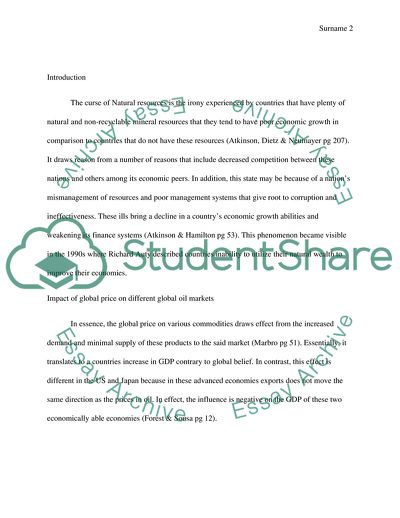Cite this document
(Macroeconomics Term Paper Example | Topics and Well Written Essays - 1500 words - 3, n.d.)
Macroeconomics Term Paper Example | Topics and Well Written Essays - 1500 words - 3. https://studentshare.org/macro-microeconomics/1787078-macroeconomics
Macroeconomics Term Paper Example | Topics and Well Written Essays - 1500 words - 3. https://studentshare.org/macro-microeconomics/1787078-macroeconomics
(Macroeconomics Term Paper Example | Topics and Well Written Essays - 1500 Words - 3)
Macroeconomics Term Paper Example | Topics and Well Written Essays - 1500 Words - 3. https://studentshare.org/macro-microeconomics/1787078-macroeconomics.
Macroeconomics Term Paper Example | Topics and Well Written Essays - 1500 Words - 3. https://studentshare.org/macro-microeconomics/1787078-macroeconomics.
“Macroeconomics Term Paper Example | Topics and Well Written Essays - 1500 Words - 3”. https://studentshare.org/macro-microeconomics/1787078-macroeconomics.


